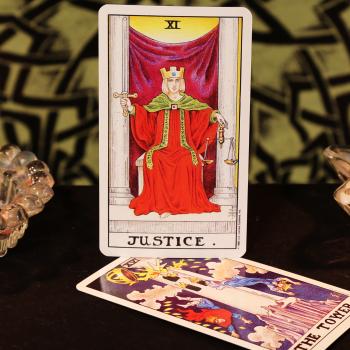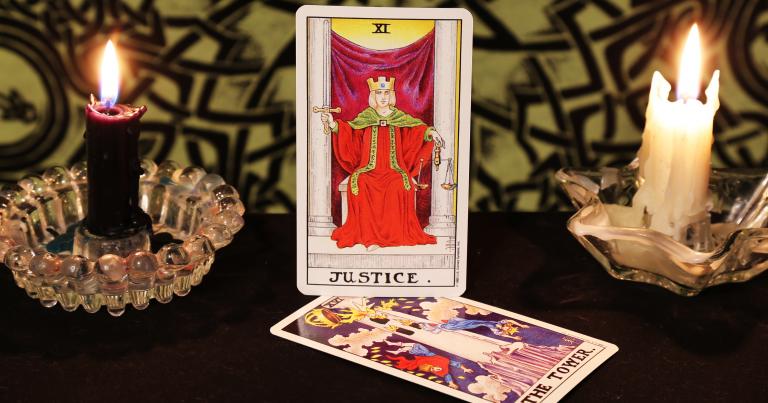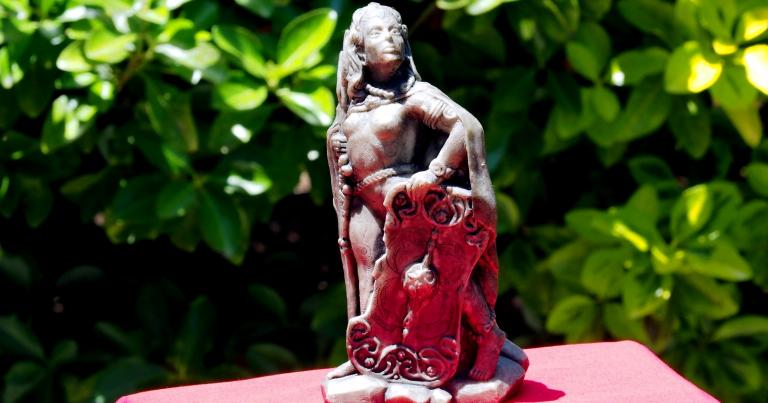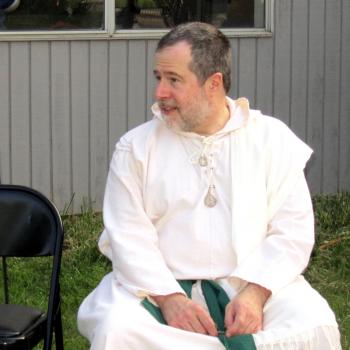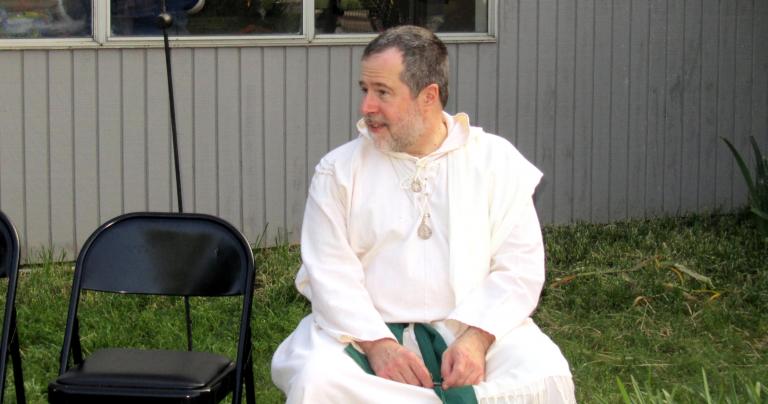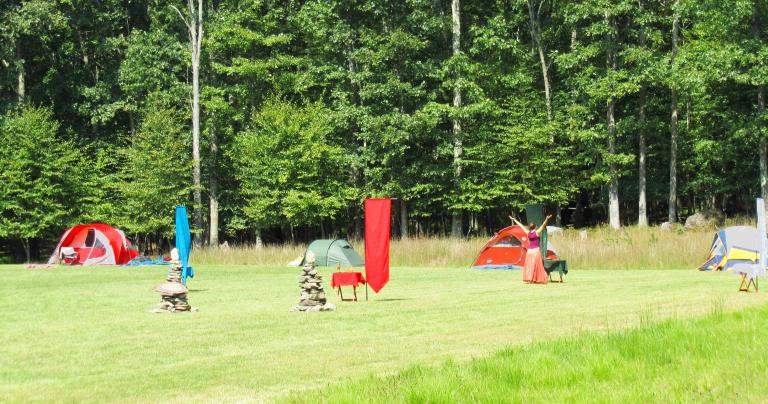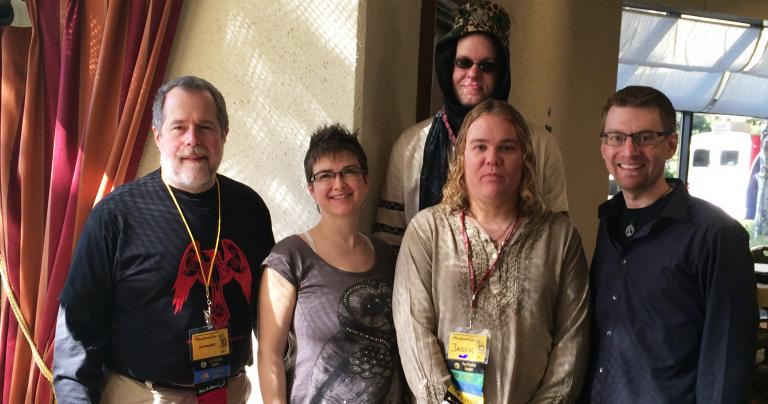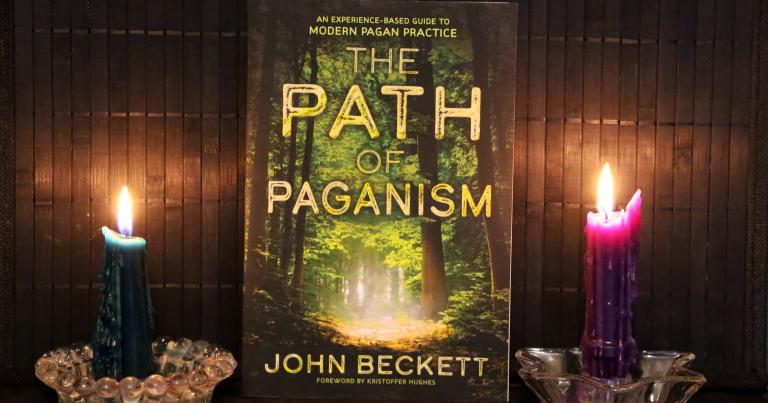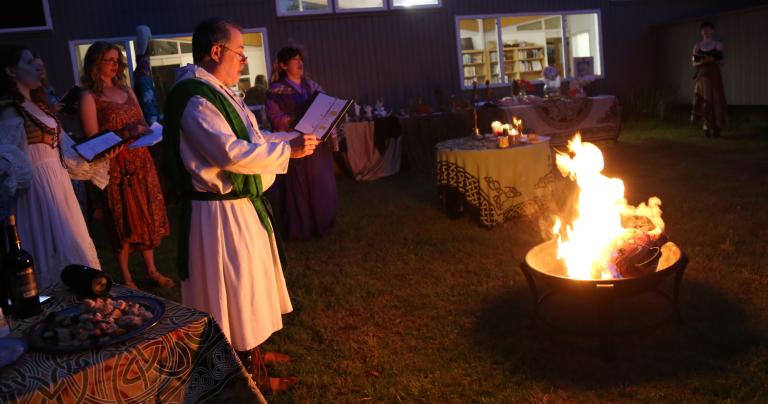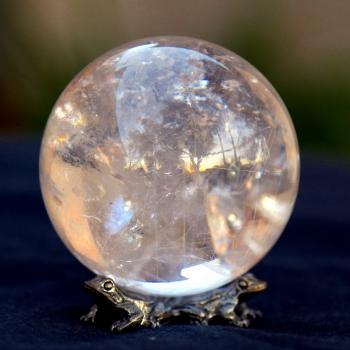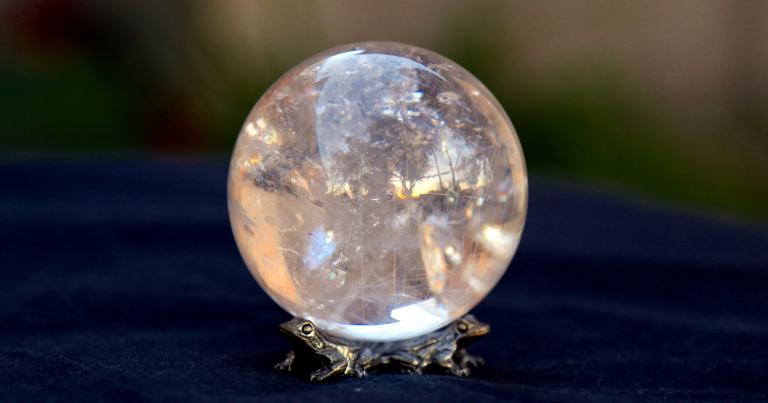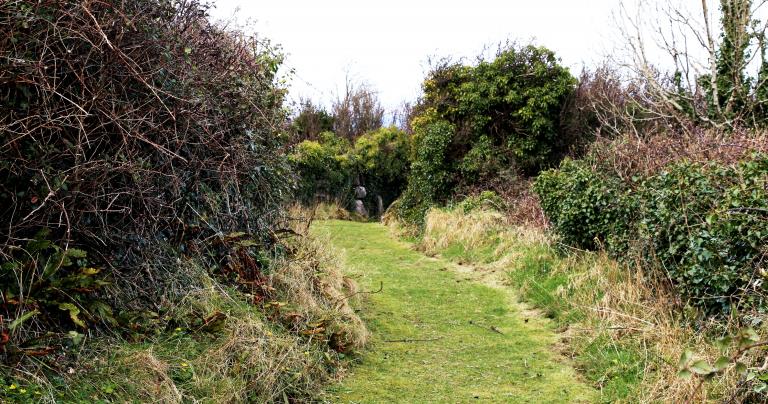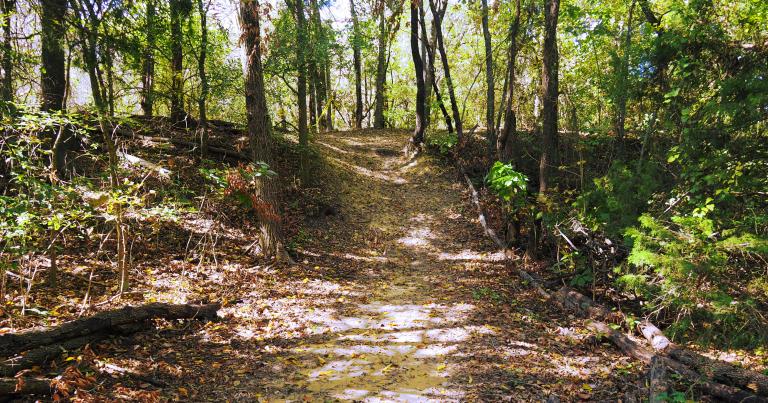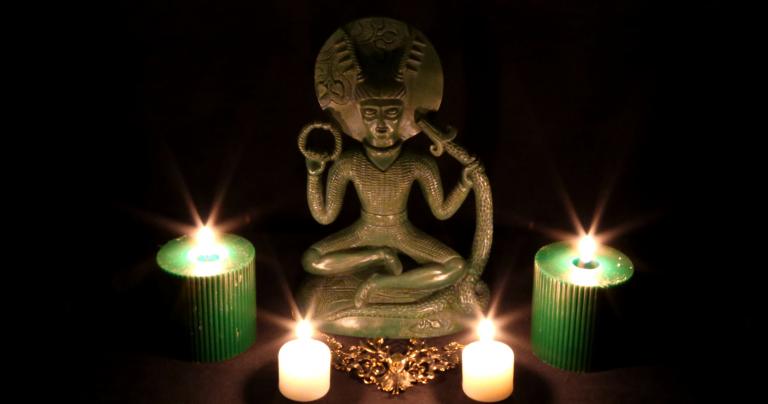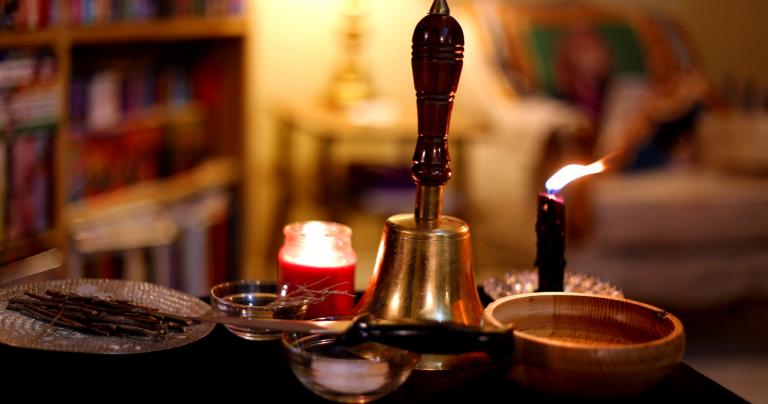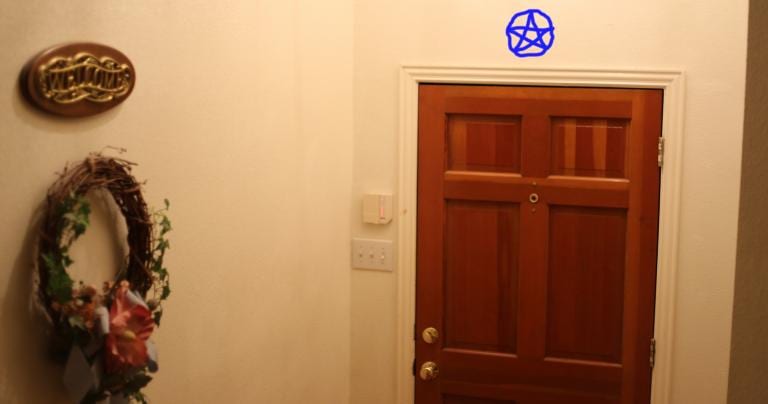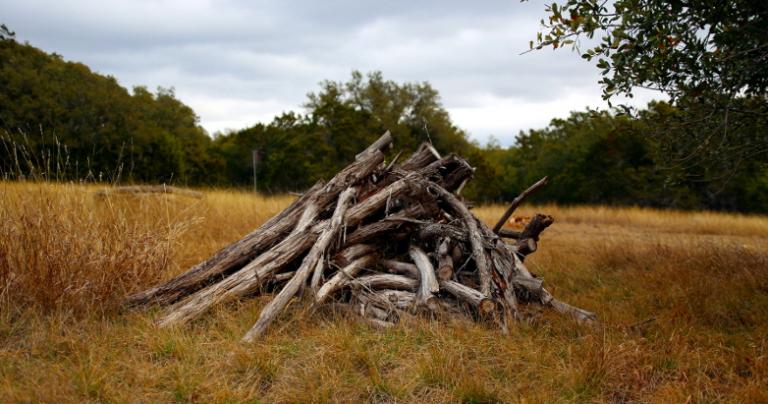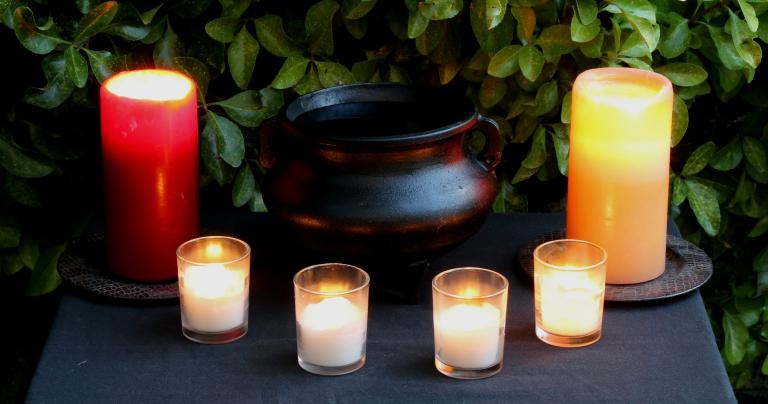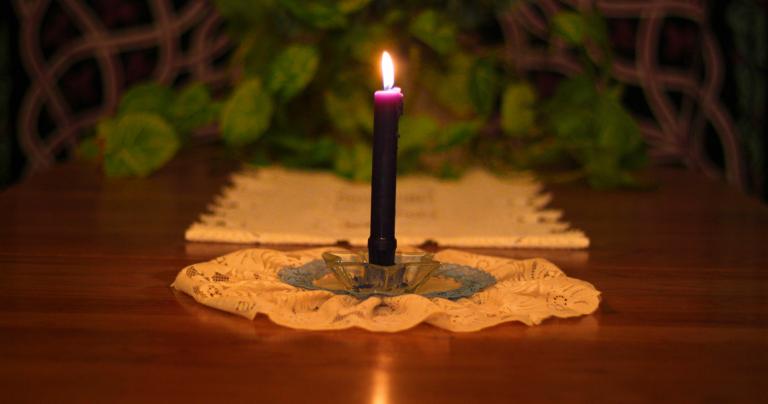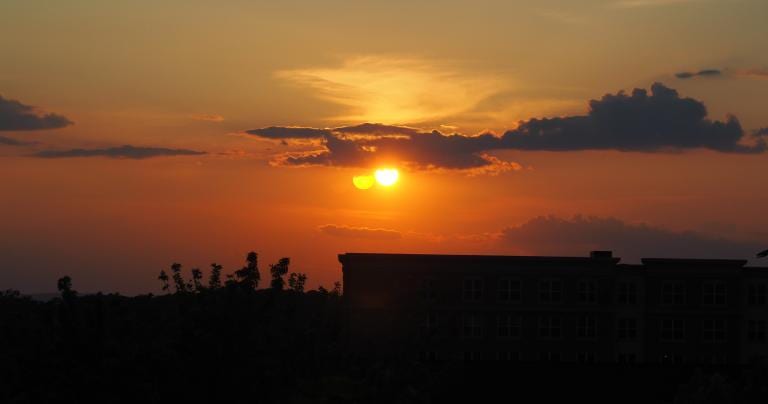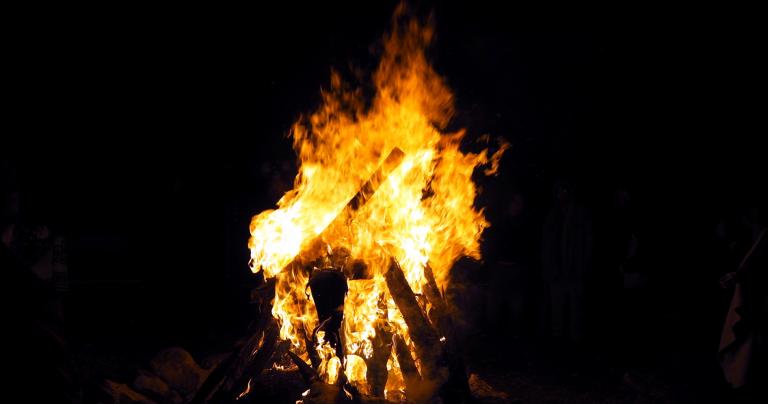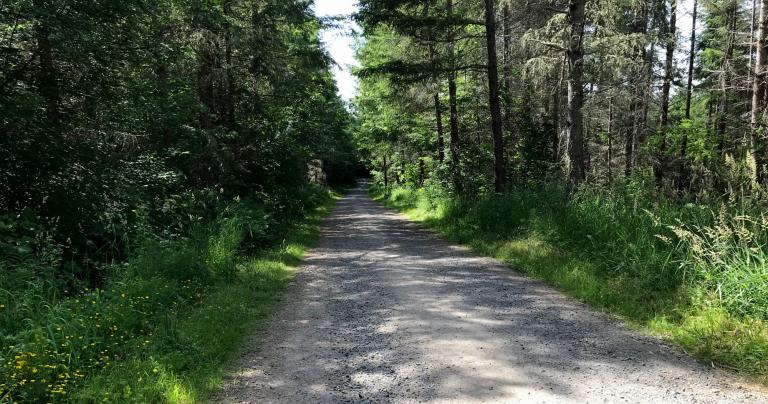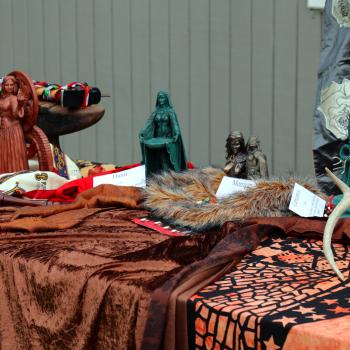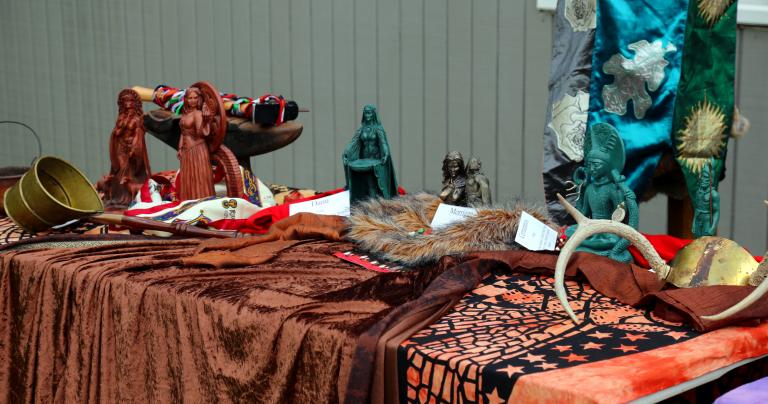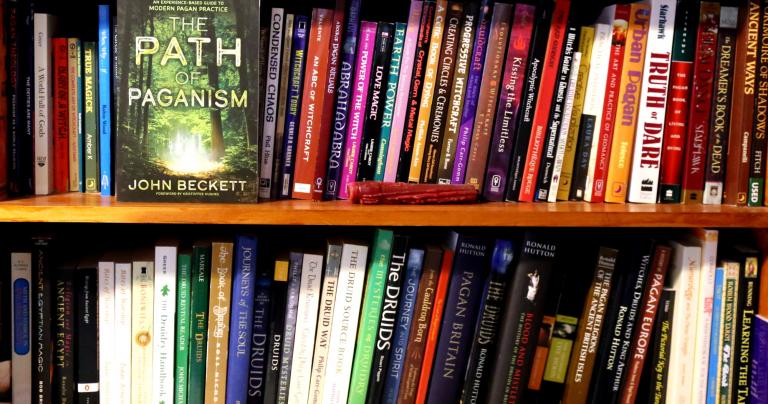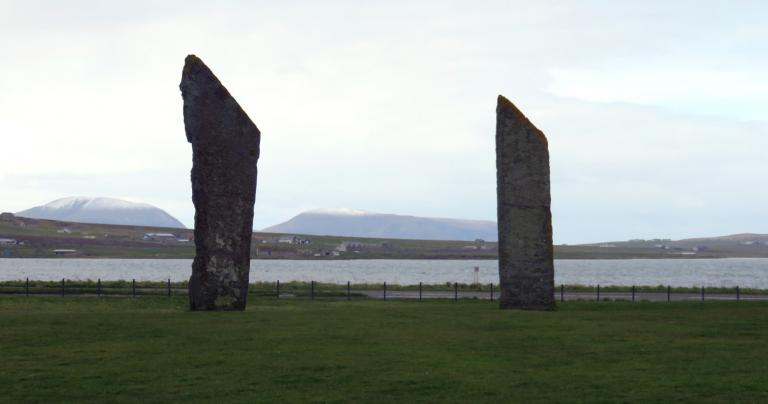The Awen – the mystical elixir of wisdom and inspiration – flows on its own schedule, for its own reasons. I spent four days trying to come up with a blog post to say something about the murder of George Floyd and the protests that followed. Nothing blog length came together. Instead, on Monday afternoon I wrote barely 100 words on Facebook that I call Four Things I Know.
Apparently what needed to be said didn’t require 1500 words. Four Things I Know was very well-received. It was shared widely and now I have a bunch of new friends and followers.
And a few new enemies, who think I’m abetting evil for daring to condemn murder without condemning property destruction at the same time. Riots are problematic, even when they’re understandable. These riots are particularly complicated because of the several very different groups participating in them. But while property can be replaced, people can’t. Property destruction is not equivalent to murder, and insisting on “condemning them both” is to be one of the white moderates who Martin Luther King, Jr. complained “are more devoted to order than to justice.”
I’ve also had some complaints that “I follow you for Paganism, not for politics.” These people must not have been following me for very long, because while my primary emphasis with this blog is Pagan and polytheist religion, politics have always been part of the mix.
How could it be any other way?
Religion is far more than belief
One of the unfortunate outcomes from Christianity in general and Protestantism in particular is the idea that religion is primarily about what you believe: which set of supernatural propositions you accept and which ones you reject. But for most people throughout most of the world throughout most of history, religion was and is about what you do, who you are, and whose you are.
The Anomalous Thracian says religion is a container for relationships. I like that definition. The concepts, traditions, and practices of my Pagan polytheist religion are primarily intended to help me form and maintain respectful reciprocal relationships with my Gods and ancestors, and with my family, community, and the wide range of persons – both human and other-than-human – with whom I share this world.
Too many people think religion is all about rules and control. That’s true for some religions – in practice if not by design – but Paganism is far more about virtues and values. In a difficult situation, the main question is not “what’s the rule here?” but “which virtues are involved, and how can I best embody them?”
The highest virtues of my religion are hospitality and reciprocity. Perseverance is perhaps the most beneficial to us as individuals. Justice is essential for a healthy society.
My religion is just as much about promoting these and other virtues as it is about saying prayers, making offerings, and leading rituals.
Politics is the collective expression of our highest values
Embodying virtues is simple when it’s just you. It’s never easy, as anyone who’s ever tried to be both honest and kind and the same time understands. But it’s simple enough – this is what’s important to you so this is how you live.
It gets harder when you move into the public realm. Humans are social animals, and as our 10,000-year experiment with civilization shows, we accomplish far more when we work together.
But how should we work together? How can we best promote a cohesive society while still respecting the individuality of all its members? What are our communal obligations and what should be the responsibility of individuals? How can we best protect the poor and weak from the strong and powerful?
There are many different approaches to these questions. Which approaches we prefer is an expression of our values, which flow from our religion. If my Pagan religion teaches that Nature is sacred, I cannot be silent on issues of protecting clean water and air, and preserving habitats for other species.
If my Pagan religion teaches justice – and it does – I cannot be silent when those charged with protecting society instead needlessly kill people, especially when they do so because of institutional racism.
Ignoring politics supports the status quo
I get it – politics is messy and complicated, and over my lifetime it’s gotten increasingly polarized and vicious. Change is hard and it comes too slowly. But ignoring it makes a clear statement that you’re OK with the way things are now.
Too many of us are OK with the way things are now.
Things aren’t great, but they’re good enough, and change is scary. Plus our lives are fragile. If protesters block a road we may be late to work, so we’ll get fired, so we’ll lose our livelihood. Doing the work to make our lives – and everyone else’s lives – less dependent on the arbitrary demands of employers and thus less fragile is hard. It’s so much easier to just demand that other people not interfere with what we’re used to, even if what they’re trying to say is “stop killing us.”
And let’s face it: a lot of people like authoritarian rule, even if they’re not the ones in charge.
You must of course do what seems right to you. As for me, I can’t ignore the impact of the political system on other people, even if it works OK for me, sorta kinda, some of the time.
I serve a Goddess of Sovereignty
The Morrigan is the Irish Goddess of sovereignty, of battle, and of the aftermath of battle. She is one of most active deities in our world, if not the most active. I served her informally for 13 years and now formally since 2017.
Sovereignty isn’t the hot topic of discussion it was in the Pagan community a few years ago, but it’s still an important concept. Sovereignty means the right to rule and the responsibility to rule rightly. Depending on your view (and I support all these views, depending on the context) sovereignty flows from the people, from the Goddess of Sovereignty, or from the land itself.
Sovereignty is not unconditional. If the ruler rules unjustly or ineffectively, Sovereignty will withdraw Her blessings and the land will suffer.
Our land is suffering greatly.
I do not believe the Morrigan – or pretty much any other deity – cares much which political party is in power, in this country or anywhere else. But She has made it very clear to me and to many others that we are to work toward building a more just society. And in Her typical opaque fashion, She’s left the details for us to work out on our own.
I write about politics and I participate in the political process because my values tell me I must. But I also do these things because a Goddess to whom I am oathed insists that I do them.
Devotion comes first for me
To be honest, I don’t get all that much criticism for blogging about political matters. After almost 12 years people have figured out that this is what I do and I’m going to keep doing it no matter what they say.
And I occasionally get some criticism from those who think I’m not political enough.
For me, it’s not a question of whether devotion or politics is more important. They’re both important. But the inspiration I need to do the political work I do flows from my connections to my Gods, ancestors, and other spiritual allies. If I don’t put my devotional work first, I won’t be able to do the political work.
And as much as I’m convinced that active participation in the political process is a good and necessary thing, I’m equally convinced that putting our faith in politics is the wrong choice.
Nature is stronger than government. Magic is stronger than law. The human spirit is stronger than politics. And the Gods are stronger than any of them.
This is who I am and what I do. I write about Paganism and polytheism, about religion and magic, and occasionally about politics. If you find what I write helpful or engaging, I hope you’ll stick around. If you don’t, the internet is a big place – I’m sure you’ll find what you’re looking for somewhere else.
And now if you’ll excuse me, it’s time for prayer.


